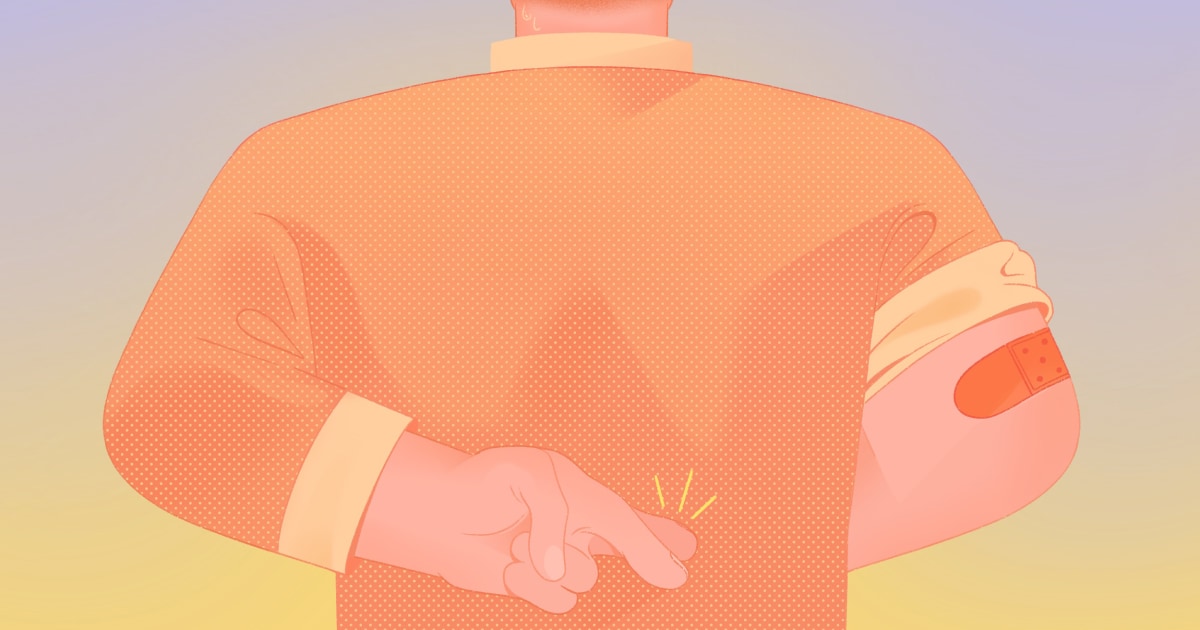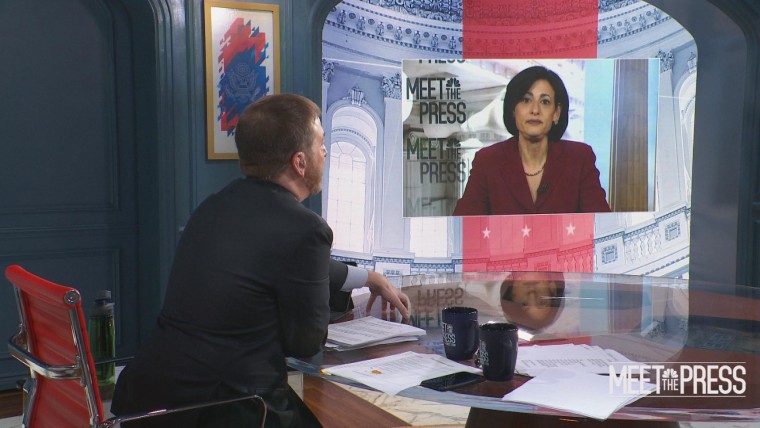
I received my second dose of the Covid-19 vaccine a full two weeks ahead of my first dentist appointment since the pandemic began. When I arrived for my cleaning, I was armed with my Pfizer vaccination card and my mask, fully anticipating that my doctor would need to know my vaccination status in the interest of protecting herself, her staff and the other patients.
The type of person who gets offended when their doctors ask important questions about their vaccination status is the same kind that these honor systems rely upon to be forthcoming.
At the front desk, they took my temperature and asked me to fill out a survey about Covid-19 symptoms. But nearly 15 minutes later, when I found myself in the chair speaking with the hygienist, I realized I still hadn’t been asked if I’d received the vaccine.
“As an office, we decided to stop asking our patients about their vaccinations because some of them became offended,” my hygienist explained softly after I offered my vaccination status. I could tell she was choosing her words carefully. “If our patients offer the information, we update their chart. But we don’t ask anymore.”
I didn’t inquire about the events that led to the officewide decision to coddle anti-vaxxers, but I suspect it got ugly. Not wanting to add to my doctor’s stress, I kept my opinions to myself and assumed that the policies were created in the interest of staff safety, particularly because we’re located in the political hotbed of Michigan. People have been attacked and even murdered over mask-wearing regulations in the Wolverine State.
The thought of my dentist and her staff taking flak for asking patients about their vaccination status made me angry, but it also made me laugh. Are these same people offended when the dentist reminds them about the importance of brushing and flossing? What about those tougher conversations about cavities and oral cancer — are these off-limits, too? (The difference, of course, is two-fold: Oral care hasn’t, yet, been politicized as a deep-state plot, and someone’s gingivitis won’t give anyone else a deadly virus.)
My dentist’s policy seems like another off-shoot of the increasingly popular “honor system” — the ridiculous practice of relying on patrons and patients to be honest about their vaccination status. I’ve seen these systems crop up in all kinds of businesses and establishments across town, which is particularly problematic given that until only recently Michigan remained a hot spot “as variants rose and vigilance fell,” per public health professionals.
To be sure, I believe the Centers for Disease Control and Prevention and medical experts when they say those who are vaccinated are at minimal risk of dying from this virus. But I also believe our nation’s largest registered nurses union when it argues that “vaccines are only one important component of a robust, public health infection control program.”
According to the CDC, in fact, the risk of infection in fully vaccinated people “cannot be completely eliminated as long as there is continued community transmission of the virus.” Additionally, vaccinated people could still contract Covid-19 and potentially spread it to others.
This will be the case until at least 60 to 70 percent of the population has antibodies and the virus has a much smaller opportunity to spread, what experts refer to as “herd immunity.” Until then, unvaccinated people cannot only continue to easily infect each other, they can create variants that overcome the vaccine. We thus remain tasked with containing the pandemic by avoiding variants, protecting people who are immunocompromised and making sure only vaccinated people are able to take off their masks and engage in indoor group activities as needed.
Yet, despite mixed interpretations about how to move forward at this stage of the pandemic and public knowledge that herd immunity is likely a pipe dream, honor systems proliferate. While it would be nice to believe we’re living in a society in which concern for one’s neighbor was enough to keep people honest and careful lest they spread a deadly virus, the last year has taught us that we can’t rely on the decency of those around us.
The type of person who gets offended when their doctors ask important questions about their vaccination status is the same kind that these honor systems rely upon to be forthcoming. In our post-pandemic world, this willingness to blindly trust simply doesn’t compute.
However, it seems my cynicism toward and frustration with these honor systems leave me in good company, as my neighbors also seem disinclined to leave their health in the hands of strangers. I’ve yet to shop among even one maskless patron or worker in my town, since people are continuing to keep their distance from each other in the name of public health.
At least locally, honor system notices posted to storefronts large and small seem to function as mere window dressing at small shops, like my local pet supply store and sneaker store, and bigger chains like Kohl’s, Home Depot, Costco and Walmart. During this time of blind trust and unearned honor, it seems probable that most of us, after spending an entire year contending with the ugliest and most selfish segments of society, are unable to let their guard (and masks) down.
Under the circumstances, I’m forced to recall the words of the legendary author and activist Maya Angelou, who died exactly seven years ago: “When someone shows you who they are, believe them the first time.” So while many of my masked neighbors confirm my belief that most of us do care about each other and are honorable enough to be forthcoming about our vaccination status, a large-enough swath of the population has proven undeserving of this trust. Indeed, they’ve shown the world who we are.
For this, all of us must be held to account either until the pandemic is well and truly over or until more people prove themselves willing to err on the side of honesty and humanity such that our medical professionals and business owners aren’t bullied into silence.


No comments:
Post a Comment